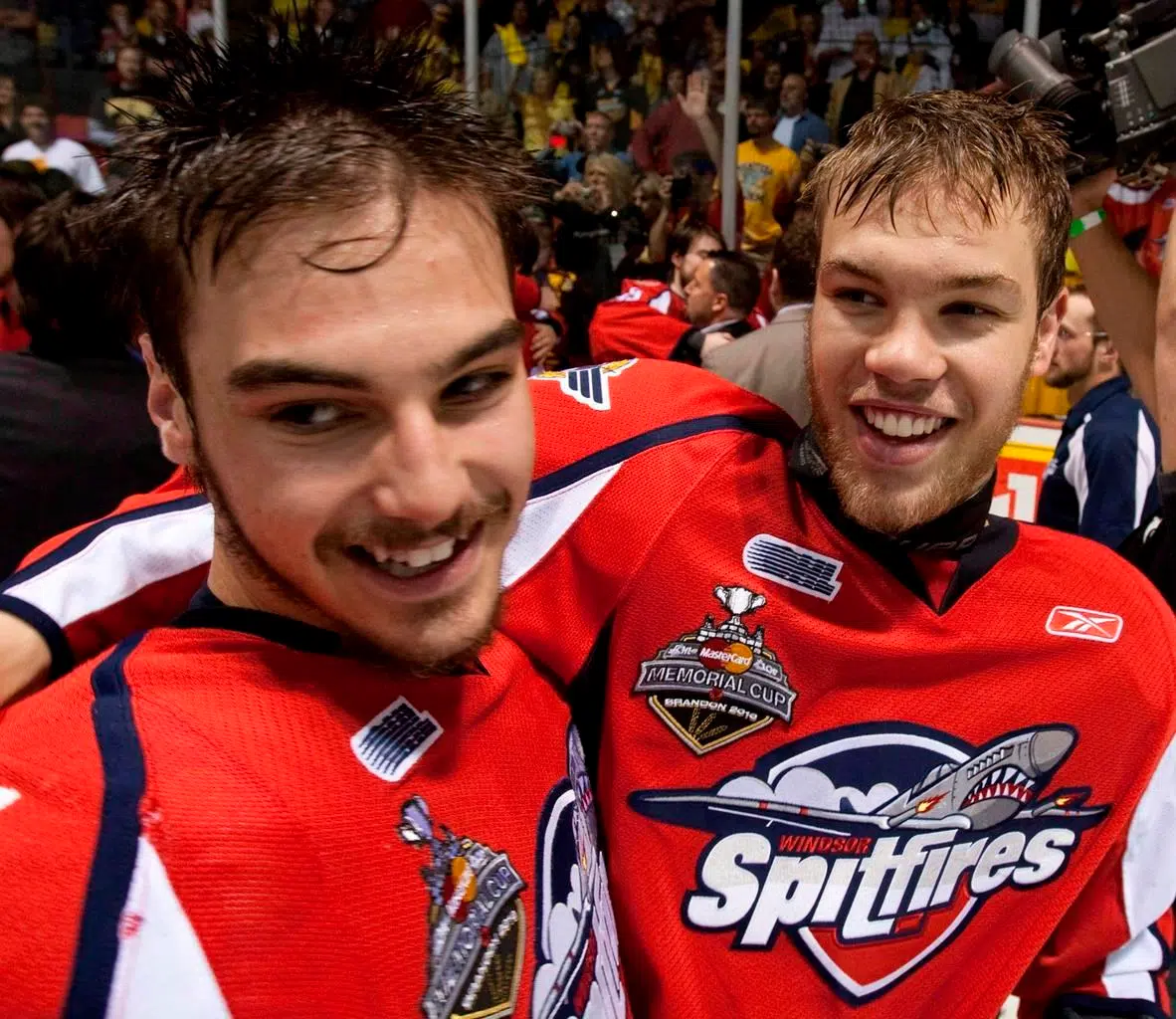
Players turned coaches pleased with change in OHL culture over past decade
Eric Wellwood and Jeff Kyrzakos can’t believe the difference a decade has made in the Ontario Hockey League.
Both played in the major junior league in the mid-2000s, when they say hazing and verbal abuse were prevalent in OHL locker rooms. Now, as coaches, they feel that kind of toxic behaviour has been practically erased.
“It’s completely different. It’s mind-boggling to me the progression that the league has made in such a short time,” Wellwood, the head coach of the Flint Firebirds, said Tuesday. “The last time I played in this league was the end of the 2010 season and now we’re in to 2018 and the changes are astronomical.”
Kyrzakos agrees that although there was hazing in the OHL when he was a player, the league has evolved in many ways.
